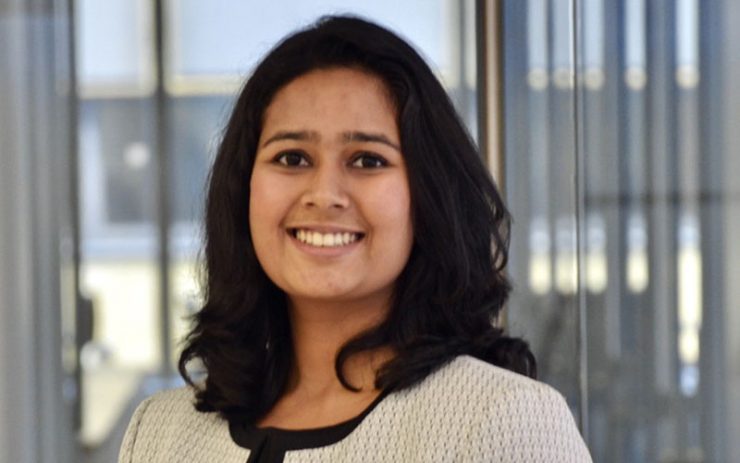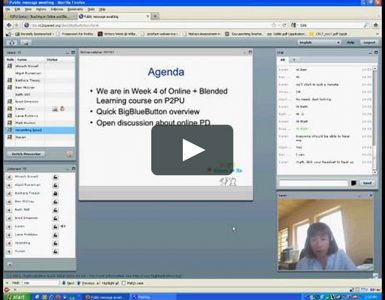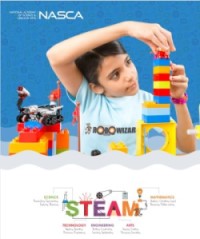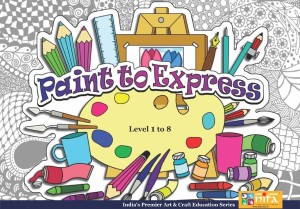Radhika Singhal studied in Delhi all her life and then graduated from Brown University in 2017 with a Bachelor of Arts in Health Economics, She points out what Indian education should concentrate on to help students make a better impact globally.
When I started my undergraduate education at Brown University, I realized what it meant to be intellectually stimulated and passionate about learning. I recognize now that two components made my undergraduate experience different from my high school one: first, the content I was learning, and second, the way I was learning it.
As a student in India, I often wondered, “When am I going to need this information? As a student in New Delhi, I don’t need to learn in detail about farming practices or crop seasons.” Instead, focusing on climate change would have improved my awareness of the world around me.
Spending time on more current complex global challenges will prompt students to think about questions such as what being carbon neutral truly means, how climate change disproportionately impacts certain populations, and how companies, governments, and researchers can work together to address the crisis facing the world today.
It’s critical for students today to understanding this global crisis from various academic perspectives, especially if they aim to study abroad where discourse and research rely on several fields of study to arrive at solutions.
Much of my school experience involved constantly consuming, retaining, and regurgitating large amounts of information for every subject. While I did develop very strong quantitative skills through my science curriculum in the 11th and 12th grades, I wish my experience with the CBSE curriculum had better prepared me with the ability to think critically and develop my views on a variety of topics.
Only when I started college did I learn about conducting research, identifying and leveraging reliable resources, and structuring a sound argument with a distinct writing style. I wish classroom discussions and homework assignments were more open-ended, pushing students to explore unexpected topics and academic areas in the context of the broader concept being taught.
These assignments or changes to the curriculum can be embedded into any subject’s material, but especially in the social sciences. For example, assignments in history class where students explore different aspects of women’s lives during the World Wars might start the conversation about how women’s role in society has changed with time.
Getting students comfortable with the idea of exploring the impact of inequality in society – inequality stemming from differences in race, ethnicity, gender, sexual orientation, ability, religion, socioeconomic conditions, and other lines along which society is divided – is critical as it prepares them to view any situation or moment through an interdisciplinary lens.
I developed this multidimensional perspective during my time at Brown and do believe future leaders must be holistic in their understanding of society.
I urge leadership to critique the relevance of the content being taught and the method of teaching to continue to evolve the education system to a more global one. Students should be prepared to think critically about complex challenges so they can become effective, thoughtful CEOs, heads of states, leading researchers, and other influential leaders in the future, and schools play a significant role in shaping them.
Radhika Singhal grew up in Pune and New Delhi, and still considers New Delhi to be home in many ways. She studied science with computer science in 11th and 12th grade and graduated from Delhi Public School, R. K. Puram in 2013. She graduated from Brown University in 2017 with a Bachelor of Arts in Health Economics, an Independent Concentration that she created across the economics, public health, public policy, anthropology, and political science departments. She now works for BNP Paribas, a French bank, in New York City.


















